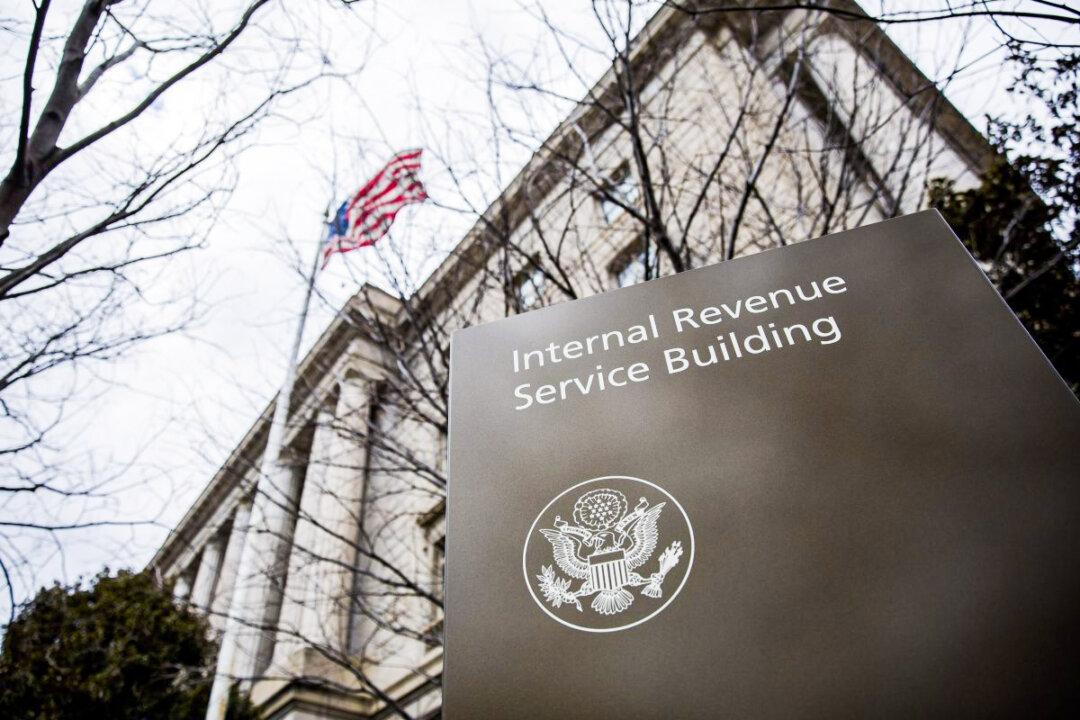The Internal Revenue Service (IRS) warned American taxpayers on Monday that scammers are still using the COVID-19 pandemic stimulus funds to steal people’s money and identity, and called on taxpayers to stay vigilant to such criminal activities.
In a bulletin, the IRS said that criminals are using stimulus payments, or economic impact payments (EIPs), as well as unemployment information and fake job offers to gain access to people’s personal information and then using this to file tax returns, among other things.




